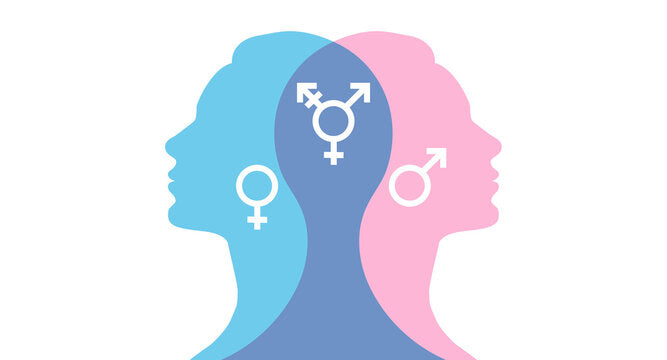
Hey there! Have you ever wondered if you might be on the autism spectrum? Society has a habit of painting autism with a broad brush, often focusing on just one end of the spectrum. You know, the classic example a nonverbal person is cognitively behind and needs more assistance in life. But let's not forget, the autism spectrum is a very wide plain!
So, what does the other end of the spectrum look like? Imagine a kaleidoscope of experiences and traits, each unique and fascinating. Here's a quick rundown of some key points to keep in mind:
-
Intense Interest in Specific Topics:
Ever met someone who knows everything about trains, dinosaurs, or even the intricate details of a video game? That's a classic sign of being on the spectrum. It's like having a superpower in being passionate about something!
-
Upset by Changes in Routine:
Routine is the comfort food of life for many on the spectrum. A sudden change in plans can feel like someone switched your favorite burger for a bowl of Brussels sprouts. Not cool!
-
Sensory Sensitivity:
Ever felt like a tag on your shirt is more annoying than a popcorn kernel stuck in your teeth? That's what sensory sensitivity can feel like for someone on the spectrum. It's all about feeling things a bit more intensely.
-
Problems with Social Communication:
Navigating social situations can be as tricky as solving a mystery without clues. For those on the spectrum, picking up on social cues or understanding sarcasm can be a real challenge.
-
Restricted or Repetitive Behaviors:
Sometimes, sticking to a routine or repeating certain actions feels as comforting as a warm blanket on a cold day. It's a way of bringing order to a chaotic world.
-
Different Ways of Learning, Moving, or Paying Attention:
Everyone has their own unique style, right? For some on the spectrum, this might mean learning better through visuals or having a distinct way of moving or focusing.
-
Hate Making Eye Contact:
Making eye contact can feel as awkward as wearing socks with sandals. It's just not everyone's cup of tea, and that's totally okay!
Did you find yourself relating to these points, just remember, it's all part of the beautiful diversity of the human experience. The more you know about yourself, the better you'll understand yourself. Embrace yourself and destigmatize being neurodivergent, chances are there are a lot more people that are like you then you think. Remember to keep shining bright and embracing your quirks – they're what make you, well, you!



